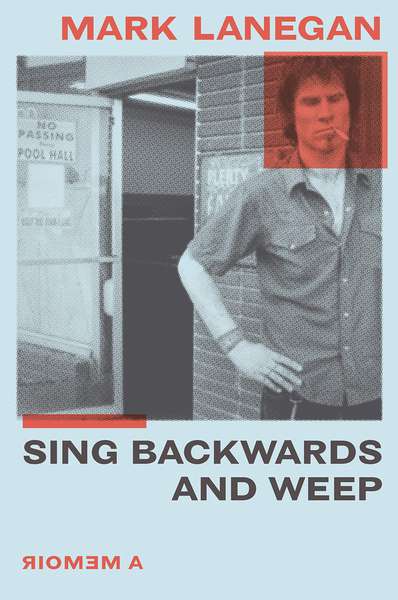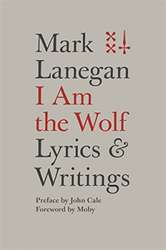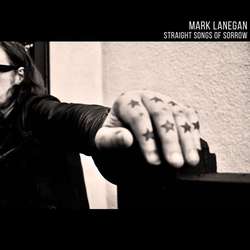“If I was honest, there was nothing but shame in the way I lived my life. I was nothing if not an abject failure, a fucking shitbag liar, a junkie loser if ever there was one”.
Sing Backwards and Weep, the memoir of musician Mark Lanegan is a raw, honest portrayal of addiction with not a hint of poetry or hyperbole to cushion the blow. Lanegan leaves his abscesses open for all to see. At times harrowing, at other times tragic, completely self-aware but at no point self-pitying, Sing Backwards and Weep gives the reader no illusions that every decision made, was Lanegan’s and Lanegan’s alone to suffer the consequence, or his penchant for turning “gold into garbage” at most every opportunity.
There have been many books written about addiction. Even the writers of the best of them create a fictional character - an avatar of sorts to scratch and scrape through their drug-addled existence, as if they didn’t quite have the courage to look deep into the mirror and write in the first person.
In this regard, Lanegan is fearless, taking full responsibility for every success that he may have ever enjoyed, however briefly to every petty, vindictive, angry decision that has brought him to his knees both figuratively and literally.
Sing Backwards reads like a sad memorial for all the folks that didn’t make it through. Cobain, Staley, Pierce all orbit around Lanegan at one point or another and Sing Backwards stands as a memoir that anyone of them could also have written if they had been able to make it through to the other side of their addiction.
What Lanegan manages to capture more than anything in his book is the sheer fucking exhaustion of maintaining a habit. The endless night runs to score, the constant calculations of supply vs his own need. The incessant scrambling to not only get high, but just to not get sick from withdrawal, which in foreign cities and countries while on tour proves to be an almost Herculean task.
There’s a commonality in books written by addicts to try and edify the prose of addiction, inadvertently romanticizing the drugs, but Lanegan is able to compartmentalize what the rush meant to him, rather in the general sense as if he’s writing to repel, not relate. This serves his story well, leaving himself completely naked and exposed. There’s no Self-congratulatory conclusions to be drawn from Sing Backwards and Weep. There’s no satisfying denouement, nor should there be. Mark Lanegan’s story isn’t one of redemption and triumph. It’s a story of living and survival.





